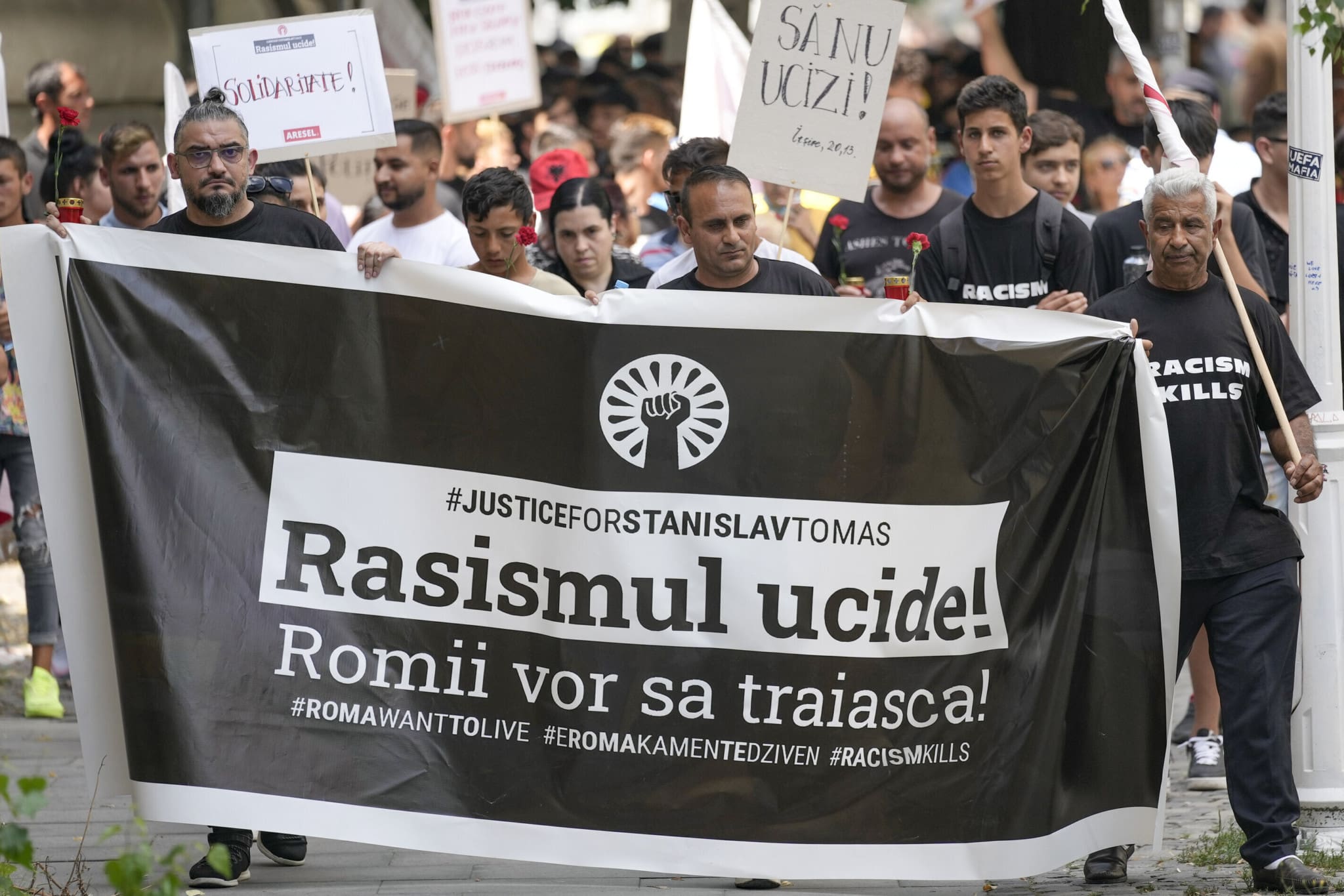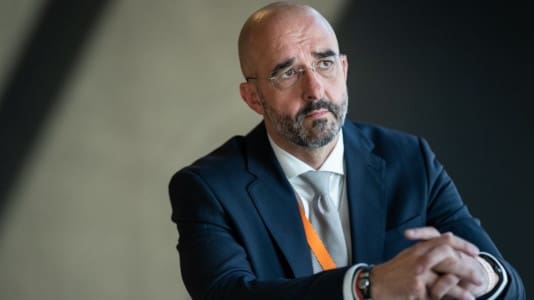A group of several dozen Roma camps are situated in front of the railway station in the Czech town of Brno and officials do not know what to do with them.
The Roma allegedly refuse the government’s offered accommodation, and while a place for them may be found eventually, this group of people often presents a serious problem. They probably speak Hungarian and Romani, perhaps some Ukrainian, and often have dual Hungarian and Ukrainian citizenship.
These are people for whom nationality is a strange concept, something that is forced on them or provided by a state. The state, like citizenship, is something beyond their imagination and certainly nothing they desire. They live in their own “state,” Romastan, which has no borders and is where they decide to go whenever possible. They are, therefore, poetically called the “children of the wind.”
There are already several thousand of them in the Czech Republic, and more will probably come. This current group arrived here with a wave of Ukrainian war refugees, but it would be a denial of reality to consider them “normal” war refugees. Just as they have nothing to do with the war, whoever is waging it, they have little to do with the causes of why most of them flee their homeland. On the one hand, they mostly live very far from the conflict, probably on the Ukrainian-Hungarian border Their reasons for moving anywhere are subject to different motivations and rules.
Wars come and go, but for the Roma people, their traversing of borders is more connected with an ancient instinct that their ancestors have always followed: Their thinking goes: “I go where it is convenient for me, where an opportunity opens up, some loophole for me to lead the life I want, and where they will give me something.”
It is an admirable instinct, and we as humanistic and free-spirited people should understand it. At the same time, it has always been met with stiff resistance, often drastically fought against. Roma peoples’ noses and ears were cut off, they were whipped, their cars were burned down, and brands were burned into their skin.
The history of the Roma is a history of cruel treatment, alternating with attempts to reach an agreement with them, to find a compromise, and allow them to lead at least a little of the life instilled in them by thousand-year old patterns — while suffering as little as possible.
More sensible societies let them do what they wanted, trying to say goodbye to them as quickly and friendly as possible. The French word “Le Boheme,” an older term for a gypsy, probably comes from a cover letter, which was allegedly first provided to the Roma under John of Luxembourg. This very letter warmly recommended “cheerful people” from Bohemia everywhere.
Unfortunately, this is no longer possible today. The Roma are perceived as if they did not exist as a distinctive identity. On the one hand, there is a problem with them, which is generally known, but it is better not to talk about it. On the other hand, they are the victims that need to be cared for without it being clear how to do so. Society responds to them at best with indifference, and at worse, with fear and resistance.
So far, the Roma are leading their age-old alternative to our way of life. They don’t wage wars, only destroy the planet where they live. They don’t pay taxes, but they don’t want so much from us. They mainly take what we give to them and live as society allows. From a common point of view, it is not sometimes a pleasant view, but it is their life. We should not interfere much in it. Of all the wrong options, this is the best thing that we can do.





